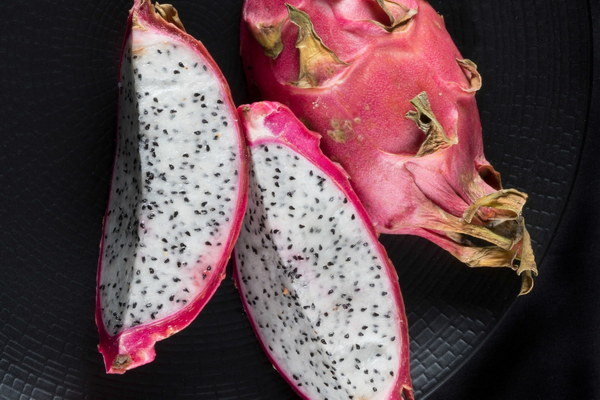Mung Beans A Traditional Chinese Remedy for Spleen and Stomach Health
In the realm of traditional Chinese medicine, mung beans have been a staple for centuries, renowned for their ability to strengthen the spleen and nourish the stomach. These small, green legumes are not only a nutritious part of the diet but also a powerful herbal remedy. Let’s delve into the world of mung beans and uncover their potential health benefits.
Understanding Spleen and Stomach Health in Chinese Medicine
Before we can appreciate the role of mung beans, it’s important to understand the concept of spleen and stomach in traditional Chinese medicine (TCM). The spleen is considered to be the organ responsible for transforming food into energy and ensuring proper blood and immune function. The stomach, on the other hand, is the organ that processes food and absorbs nutrients.
When the spleen and stomach are functioning optimally, the body is healthy. However, when they are weakened, various health issues can arise, such as fatigue, poor digestion, and weakened immune function. Mung beans are believed to help restore balance to these organs, thereby improving overall health.
Nutritional Profile of Mung Beans
Mung beans are an excellent source of protein, fiber, vitamins, and minerals, making them a nutrient-rich addition to any diet. They contain:
- Protein: Essential for muscle repair and growth, mung beans provide around 20 grams of protein per cup.
- Fiber: Helps with digestion and keeps you feeling full for longer.
- Vitamins: Including vitamin B1, vitamin B2, vitamin B3, vitamin B6, vitamin C, and vitamin K.
- Minerals: Iron, magnesium, potassium, phosphorus, calcium, and zinc.

Health Benefits of Mung Beans
The health benefits of mung beans are numerous, especially when it comes to spleen and stomach health. Here are some of the key benefits:
1. Improves Digestion: Mung beans are rich in fiber, which helps to regulate bowel movements and alleviate constipation. They also aid in the production of digestive juices, making it easier for the body to break down food.
2. Boosts Immune System: A strong spleen is crucial for a robust immune system. Mung beans are believed to support spleen function, thereby enhancing immune response.
3. Reduces Inflammation: Mung beans contain anti-inflammatory compounds that can help reduce inflammation in the body, which is beneficial for those suffering from conditions like arthritis and inflammatory bowel disease.
4. Supports Weight Loss: Mung beans are low in calories and high in fiber, making them an ideal food for weight loss. They keep you feeling full for longer, reducing the temptation to overeat.
5. Improves Energy Levels: Mung beans are a good source of energy-boosting nutrients like B vitamins. They help convert food into energy, leaving you feeling more energetic throughout the day.
How to Incorporate Mung Beans into Your Diet
Mung beans are incredibly versatile and can be incorporated into a variety of dishes. Here are some ideas:
- Stir-Fry: Add mung beans to your stir-fry for a nutritious boost.
- Salad: Toss mung beans with your favorite greens and toppings for a healthy salad.
- Soup: Include mung beans in your next soup recipe for a hearty and filling meal.
- Mung Bean Paste: Use mung bean paste as a base for desserts or in savory dishes.
Conclusion
Mung beans are a powerful tool for maintaining spleen and stomach health, according to traditional Chinese medicine. With their rich nutritional profile and numerous health benefits, they are a valuable addition to any diet. So, the next time you’re at the grocery store, consider adding mung beans to your shopping list and reap the benefits of this ancient superfood.









